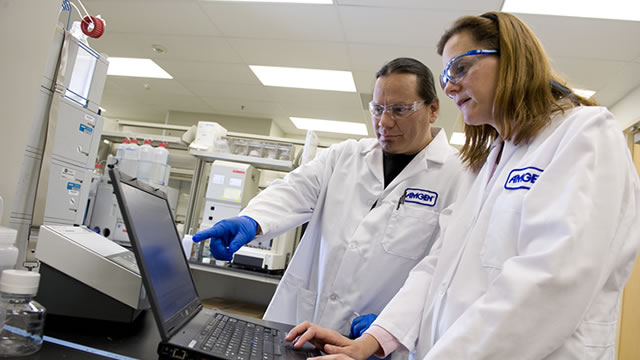iRhythm Technologies: Uncovering the Limitations of Short-Term ECG Monitoring
In a groundbreaking announcement at the American College of Cardiology (ACC) 2025 Scientific Sessions, iRhythm Technologies, Inc. revealed findings from two extensive retrospective analyses based on data from over 1.1 million patients. These studies challenged the effectiveness of short-term ECG monitoring, such as 24–48-hour Holter devices, in detecting actionable arrhythmias.
The Shortcomings of Short-Term Monitoring
The first analysis, which focused on the detection of arrhythmias in patients reporting daily symptoms, disclosed that short-term monitoring failed to identify a substantial proportion of actionable arrhythmias. This revelation underscores the importance of long-term continuous monitoring (LTCM) as an alternative approach to ensure comprehensive detection of cardiac irregularities.
Symptom–Rhythm Correlation: A Low Correlation for Most Arrhythmias
The second analysis delved into the correlation between symptoms and arrhythmias, demonstrating that Symptom–Rhythm Correlation (SRC) was notably low for most arrhythmias. This finding emphasizes the need for longer monitoring durations to capture the full picture of a patient’s cardiac health, as arrhythmias may not always be accompanied by noticeable symptoms.
Implications for Individuals and Society
For individuals, these findings highlight the importance of undergoing long-term ECG monitoring, particularly for those with a history of cardiac issues or those experiencing unexplained symptoms. By ensuring comprehensive detection of arrhythmias, patients can receive early and effective treatment, ultimately improving their overall health and quality of life.
On a broader scale, these findings could lead to significant changes in the healthcare industry, as healthcare providers and insurers reconsider the standard monitoring durations for patients. The widespread adoption of long-term ECG monitoring could lead to earlier detection and treatment of arrhythmias, ultimately reducing the burden on healthcare systems and improving patient outcomes.
Conclusion
In conclusion, the iRhythm Technologies’ research presented at the ACC 2025 Scientific Sessions underscores the limitations of short-term ECG monitoring and emphasizes the importance of long-term continuous monitoring in detecting actionable arrhythmias. These findings have significant implications for individuals and society, as they could lead to earlier detection and treatment of cardiac irregularities and ultimately improve patient outcomes.
- Short-term monitoring, such as 24–48-hour Holter devices, fails to detect a significant proportion of actionable arrhythmias.
- Symptom–Rhythm Correlation (SRC) is notably low for most arrhythmias.
- Long-term continuous monitoring (LTCM) is essential for comprehensive detection of cardiac irregularities.
- Individuals with a history of cardiac issues or unexplained symptoms should consider undergoing long-term ECG monitoring.
- Widespread adoption of long-term ECG monitoring could lead to earlier detection and treatment of arrhythmias, reducing the burden on healthcare systems and improving patient outcomes.





